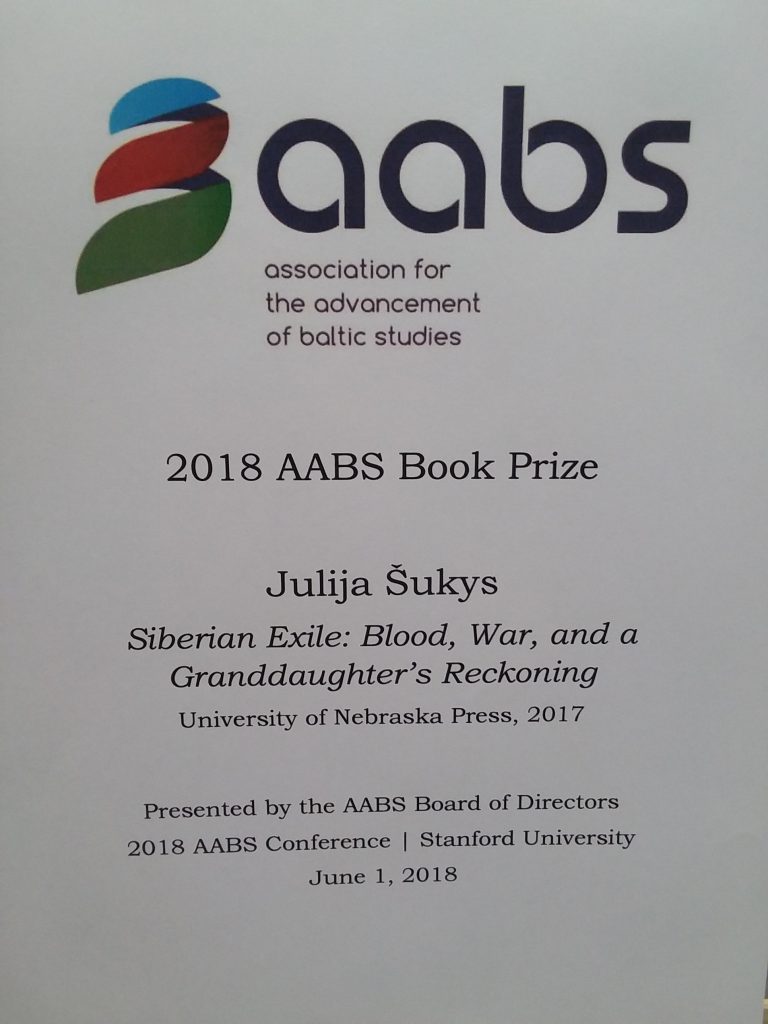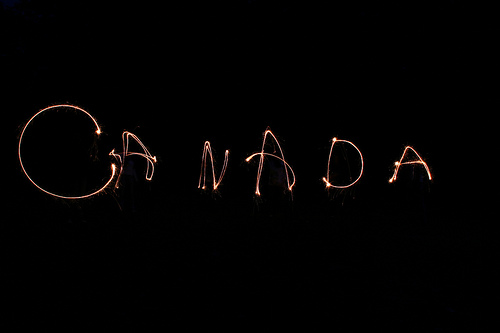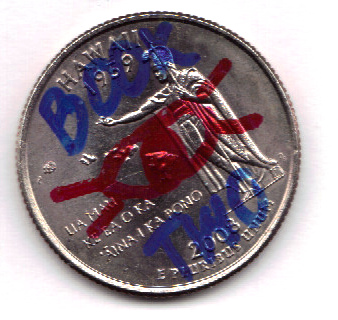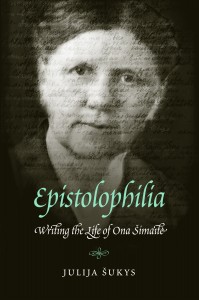Julija Sukys Talks to CKUT Radio About Creative Nonfiction and Canada Writes
I was honoured to be chosen as a reader for the Canada Writes creative nonfiction competition for 2013. Over the winter months, I sifted through hundreds of submissions that arrived at my door every few days in fat yellow envelopes. Now, at long last, the shortlist and winner have been announced.
Last week, I talked to Anne Malcolm, host of The Monday Morning After at CKUT Radio in Montreal, about creative nonfiction in general and about being a Canada Writes reader in particular. Even though I have a bit of a phobia of hearing to audio of myself, I took the plunge and sat down to take a listen to the interview and decided it wasn’t so bad.
You can listen to the CKUT interview with Anne Malcolm here.
[Photo: .sarahwynne.]
On Pay-to-Submit Contests, Journals, and Anthologies
I recently had a conversation with a friend who had been passed over for a job — leading a creative writing workshop — because she “hadn’t won enough contests.” Eventually, the decision was reversed and my friend, who is a very fine writer and charismatic teacher, got her chance to make a few bucks and gain some experience. But her story — i.e., the fact that she’d been judged on her success rate in the world of writing competitions — made me bristle.
I believe a great many writing competitions stand on very shaky ethical ground. When run by journals, most include a contest submission fee. By paying the submission fee, a writer gets a “free” subscription to the journal for a year. Obviously, what we have here is a veiled subscription drive.
Some time ago, I received a call for submissions that included a stipulation that a minimum “donation” (read: “fee”) had to accompany texts. IF enough money were raised, submissions MIGHT be published in an upcoming anthology (that the prospective writers themselves were funding). But if the writers were bad donors and didn’t give enough money to pay their own way to possible publication, they would be punished: no anthology.
Is it just me, or is there something wrong with this scenario?
Increasingly we hear about writers not being paid for their work. There are boycotts and open letters exposing the exploitative practices of big online publications. It’s bad enough not to be paid for the work you publish, but to pay for the privilege of MAYBE being published? Isn’t that even worse?
I will admit to publishing work for which I’ve been paid peanuts or nothing at all. I do this because I’m building a profile and because I want homes and a life for my work. I also believe in the idea of creating literary community and conversation. I won’t, however, pay for the possibility of publication. In other words, I won’t pay to submit a piece or publish a piece.
We’ve long been warned off agents who require fees to read our work. Shouldn’t the same principle apply for submissions to journals, anthologies, and perhaps even contests?
Tell me what you think. What do you make of fees to submit?
[Photo: rowan72]
Epistolophilia Wins Canadian Jewish Book Award
I’m so happy to announce that Epistolophilia has won the 2013 Helen and Stan Vine Canadian Jewish Book Award for Holocaust Literature.
Here’s the jury citiation:
HOLOCAUST LITERATURE
Epistolophilia: Writing the Life of Ona Šimaitė
By Julija Šukys Published by University of Nebraska Press
Epistolophilia presents a new type of reading of Holocaust texts. Julija Šukys, a young Montreal-based scholar, tells the story of a genuine heroine of the Holocaust recognized by Yad Vashem as Righteous. Time and again Ona Šimaitė would slip into the Vilna ghetto to bring in food, clothes, medicine, money, and counterfeit documents and leave with letters, manuscripts, and even sedated children swathed in sacks. In 1944 she was captured by the Gestapo, tortured, and deported to Dachau.
Julija Šukys sifted through mounds of letters and diaries to paint a portrait of a remarkable life. Šukys injects herself into the book, writing about her more than eight year journey researching and writing the book, discovering Šimaitė and the emotional connection that comes through a link to the past.
The official reception and awards ceremony:
Thursday, June 6, 8 PM | FREE
The Bram and Bluma Appel Salon
at the Toronto Reference Library
789 Yonge St., Toronto





